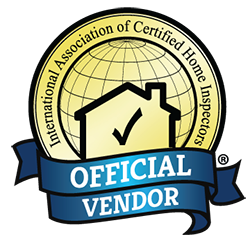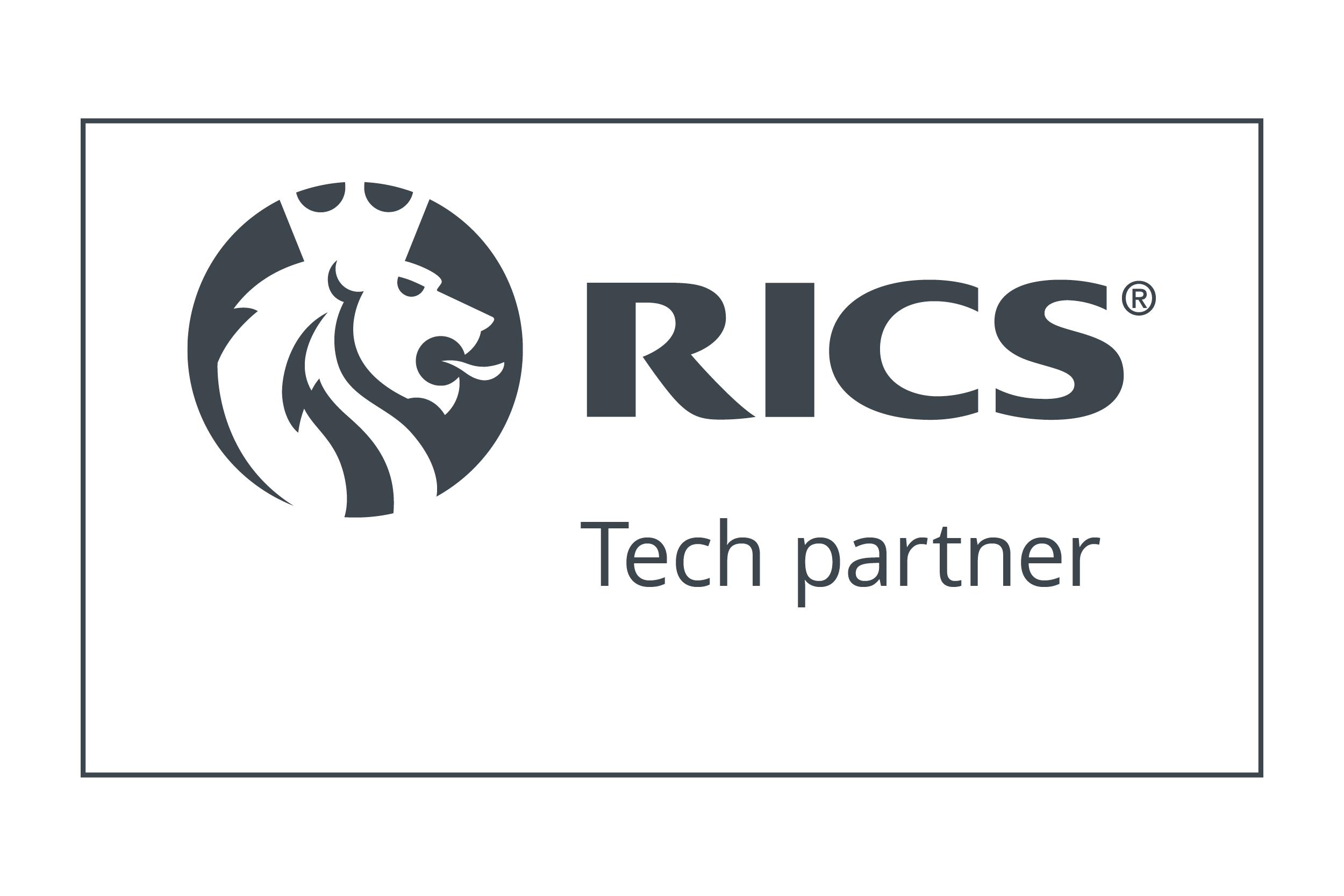As a landlord or property manager, you’ve got to ensure your tenants’ safety at all times. When you’re doing your typical inspection, use the following safety checklist to make sure everyone living in your property stays safe.
Gas and electrical systems
Once a year, check all flues, pipes and appliances that use gas. Malfunctions that involve gas can have deadly consequences for those caught in the crossfire.
On the electrical end of things, make sure all the outlets work and have secure panels. Flip on each light switch to confirm that everything is working properly, as a delay could mean you have a fire hazard. Run any dryers in your property and confirm the exhaust is being released, as any blockage here could spark a fire.
Fire risk and structural issues
All carbon monoxide and smoke alarms in your property should be working properly. Don’t assume they’re being regularly tested and the batteries are being changes by your residents—test them yourself. Your tenants must have unobstructed fire escape routes. Consider getting fire extinguishers for your residents even if local laws or codes don’t require them, but do show tenants how to use them properly. Chimneys should be checked for clogs as well; inadequate ventilation could pose a fire and health risk.
When it comes to your property’s interior structure, start by making sure the floors, stairs, and walls are sound. Look closely at ceilings and walls for holes, cracks or other troubling signs that could lead to leaks, infestations or collapses. Doors should open and close correctly because a difficult door could delay escape during a fire. Any exterior doors you have must feature working locks to deter intruders.
For the exterior structure, look for roots or tree branches that could cause structural damage. Inspect the roof for red flags, such as loose or missing shingles. Damage to your roof could cause the property’s wood, drywall or insulation to deteriorate, leading to problems with your electrical, HVAC and plumbing systems.
Make sure you respond to requests regarding safety promptly, and always take them seriously. This will ensure you’re meeting your legal responsibilities and encourages your residents to report problems to you when they’re still minor. Keep good records of your safety checks and any repairs you made or maintenance you carried out that relates to safety. Your documentation can serve as proof later should something happen in your property.











